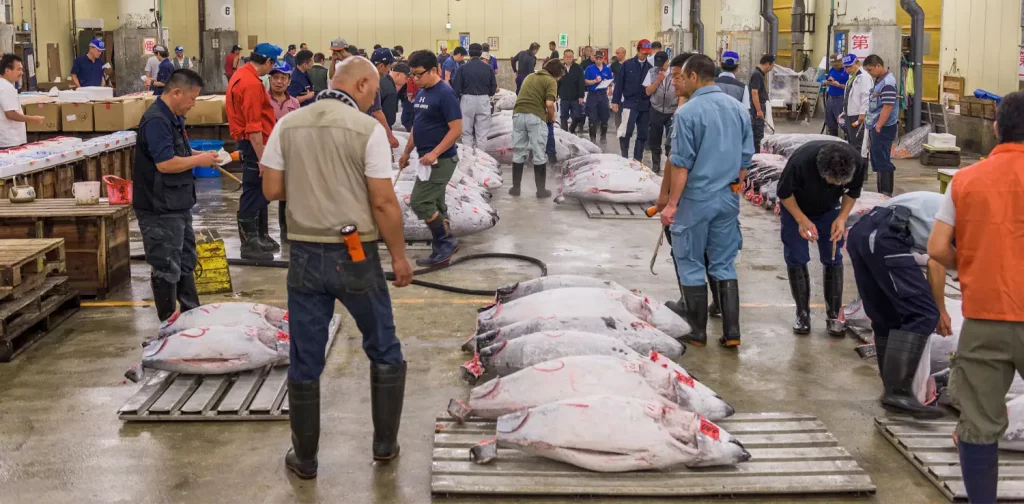Humans use around 50,000 wild species for different practices, including over 10,000 harvested directly for food. Experts across the globe share their insights to establish more sustainable use of wild species.
Read this content by joining Green Network Asia - International Annual Individual Membership. Gain unlimited online access to all news and stories that showcase insights on sustainable development from multi-stakeholders in governments, businesses, and civil society in the Asia Pacific and beyond.
Login Join Now
